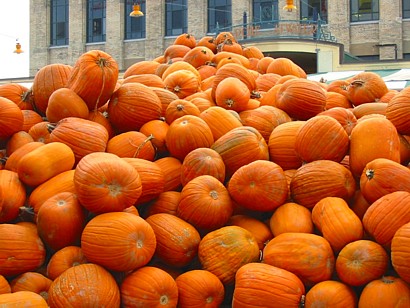« Most of us feel the need to describe how we came to be what we are. We want to make our stories known, and we want to believe those stories carry value. To discover we have no story is to acknowledge that our existence is meaningless, which we may find unbearable. […]
When we make stories, when we turn raw events into personal sagas, parables, tales, and anecdotes, we are often struggling to come to terms with one of the inescapably difficult and puzzling facts of existence. Storytelling is an attempt to deal with and at least partly contain the terrifyingly haphazard quality of life. Large parts of life, sometimes the most crucial parts, depend on random happenings, contingency. […]
We can choose to search for a divine intention in everything; or, if we have attained a degree of serenity by some other means, we can simply accept contingency as a beautiful mystery that will always be part of life. Or we may decline to accept it, and instead look for patterns, plots, meanings. That’s what story provide. […]
But if it is understanding we yearn for, why isn’t analysis good enough? Why can’t we simply study our experience rather than recounting it chronologically?
The answer is that narrative, as opposed to analysis, has the power to mimic the unfolding of reality. Narrative is selective, and may be untrue, but it can produce the feeling of events occurring in time; it seems to be rooted in reality. This is also the reason for the triumph of narrative, its penetration and in some ways its dominance of our collective imagination: with a combination of ancient devices and up-to-the-minute technology, it can appear to replicate life. »
From The Triumph of Narrative, storytelling in the Age of Mass Culture, by Robert Fulford.
(Thanks for recommending this great book, which I’m finally starting to read now.)
